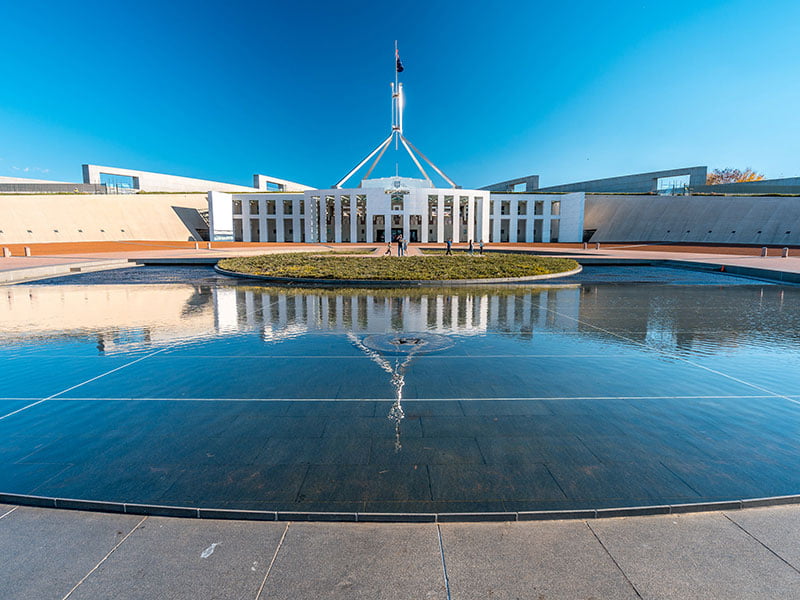The Law Council of Australia has “grave concern” about the government’s plan to remove judicial oversight from the issuing of warrants under a completely new Surveillance Act.
In response to a 1300 page report on Australia’s spy agencies by former ASIO boss Dennis Richardson, the government announced it would develop and implement a new surveillance act to replace the “highly inconsistent” and “opaque” existing powers that are spread across the Surveillance Devices Act, Telecommunications (Interception and Access) Act and elements of the ASIO Act.
The centrepiece of the government’s response to this report will be the planned introduction of a “modern legislative framework to govern electronic surveillance”, which will come with the repeal of the existing powers.
This will be a lengthy process expected to take up to five years and cost around $100 million, with extensive consultation to be undertaken on the significant reform.

The review also recommended that judicial oversight of the issuing of warrants for intelligence collection powers should be scrapped, something the government has supported.
The Law Council of Australia has said it is “deeply concerned” by this proposal, which would make Australia an outlier among Five Eyes peers.
Recommendation 30 of the Richardson report called for ministers to be able to authorise ASIO and Intelligence Services Act agencies activities, without judicial or other independent authorisation.
“Ministerial authorisations, together with IGIS oversight, provide appropriate protections and accountability for intelligence warrants and authorisations, and should continue without additional judicial or other authorisations,” the government said in its response.
Law Council President Pauline Wright said she has “grave concern” with the federal government’s acceptance of this recommendation, and the removal of judiciary oversight from this process.
“This would reinforce Australia’s status as a major outlier within the Five Eyes alliance. The US, UK, Canada and New Zealand have all judicial authorisation requirements for their intrusive intelligence collection powers,” Ms Wright said.
“The Law Council accepts that powers that limit rights and liberties are too often necessary for intelligence agencies to keep us safe and protect our national interest. But for the public to have trust and confidence in covert activities it is essential the utmost independence and rigour applies when granting authorisations. Judicial authorisation is essential to creating and maintaining that state of trust.”
The Richardson review concluded that the legislative framework underpinning electronic surveillance is “no longer fit for purpose”.
“The framework contains a range of highly intrusive powers that are functionally equivalent, but controls and regulates their use in a highly inconsistent fashion. It is based on outdated technological assumptions that cause challenges for agencies applying the framework to modern technologies,” the report said.
It found there are more than 35 different warrants and authorisations for electronic surveillance activities, with different tests, thresholds, safeguards and administration requirements.
The current process is “complex to the point of being opaque”, the review concluded, and should be repealed entirely and replaced by a new, comprehensive Surveillance Act. This has been accepted by the federal government.
“The central area for reform is a new electronic surveillance act, which will be a new landmark in Australia’s national intelligence legislation. The review identified that the existing legislation is unnecessarily complex and has been outpaced by technology,” the government said in its response.
“A new electronic surveillance act will be generational in its impact. This legislation will require careful and detailed consideration, with extensive public consultation, to establish a framework that will support Australia’s intelligence collection and law enforcement agencies in the years to come.”
Do you know more? Contact James Riley via Email.


Perhaps but is the solution to remove any judicial oversight? I doubt any rational being would disagree this creates even more opacity and room for abuse.
Perhaps some of the lawyers’ “concerns” may not be unrelated to the removal of a lucrative source of legal remuneration?